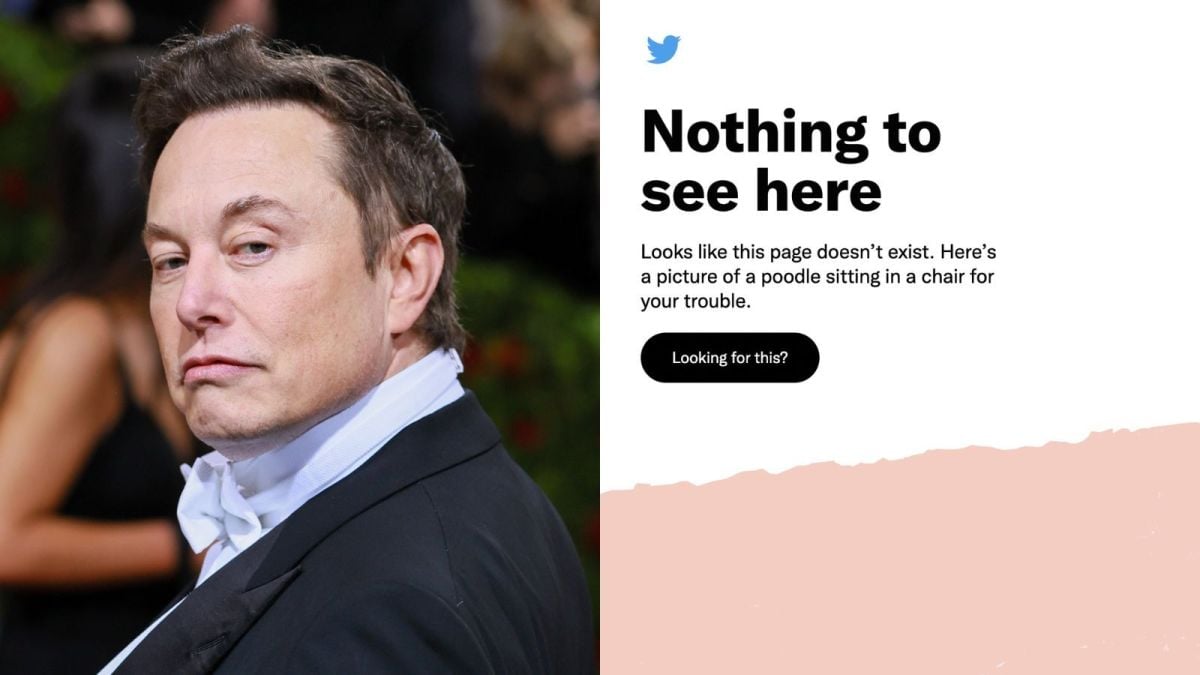As Elon Musk pushes for his absolutist approach toward freedom of speech on Twitter it looks like the cost comes with dropping its Trust and Safety council. The ramifications of this could lead to the platform becoming an unsafe social space, with independent reviewers already noticing an uptick in hate speech towards specific minorities since the billionaire’s takeover.
Musk is already taking the staffing at Twitter down to the bare bones after he followed through on his proposed layoffs and fired half of its 7500 staff, many of whom worked to make the platform a safer environment. Earlier this week saw three of the Trust and Safety council members resign as the exodus from Twitter continues, which could be why the entire council seems to have been dissolved, according to this tweet from journalist Avi Asher-Schapiro.
The council was formed in 2016 with individuals and external organizations and their purpose, which was once written on the now deleted page, was to help Twitter “advocate for safety and advise us as we develop our products, programs, and rules.” Here, one CNN correspondent posted just what the council was designed to do.
However, under Musk’s new role as CEO, some staff found it untenable to continue working, with one of the resignees, Anne Collier, posting a joint press release that read,
“We are announcing our resignation from Twitter’s Trust and Safety Council because it is clear from research evidence that, contrary to claims by Elon Musk, the safety and wellbeing of Twitter’s users are on the decline.”
Two external watchdogs, the Center for Countering Digital Hate and the Anti-Defamation League, have both reported a sharp rise in hate speech since Musk’s takeover, especially towards Black men and LGBTQ men, as well as antisemitic comments. Collier, along with her other former colleagues, feels that this is an environment in which they cannot work, and said that communication had been exceedingly poor after Musk came on board.
A lot of this is also down to the automation of reviewing hate speech as the company got rid of manual reviewers in favor of the former. Collier disagreed with this change saying,
“You really need human review on a lot of abuse reports because they can be very nuanced and highly contextual to offline life, and the platforms don’t really have that context, so it’s really hard for machine learning algorithms to detect all of it or make decisions on all of it.”
Many have criticised Musk’s choices for the platform in regards to free speech, saying that it would seem Musk focuses more on how Twitter works in the U.S. and not globally. Nighat Dad, a Pakistani digital rights activist who runs a helpline for women facing harassment online, feels that the cuts in staff are already being felt across the world. Dad has found Musk to be less than responsive in receiving high-risk posts that incite violence or put young women in harm’s way from the site.
Dad also sat on the Trust and Safety Council of independent rights advisors and, as reported by Context, said, “I see Elon’s tweets and I think he just wants Twitter to be a place for the U.S. audience, and not something safe for the rest of the world.” This has led EU officials to threaten that they will push Twitter out of the continent unless Musk gets his act together.
Twitter was critiqued long before Musk for not upholding safety standards and for not keeping a tight enough grasp on hate speech, election manipulation, and surveillance concerns. With Musk having fired almost all of its abroad content moderators, and now with the Trust and Safety council appearing to have been dissolved, Twitter could truly turn into one big hellscape.

